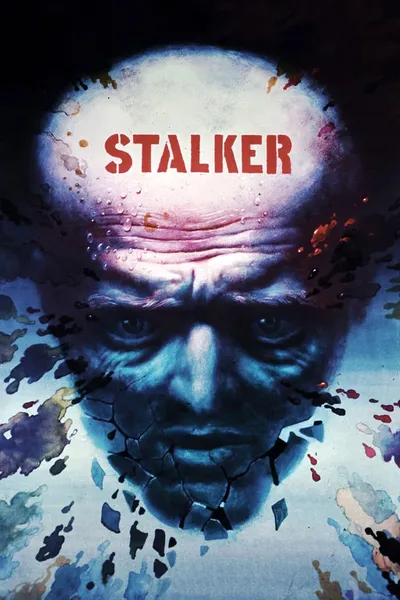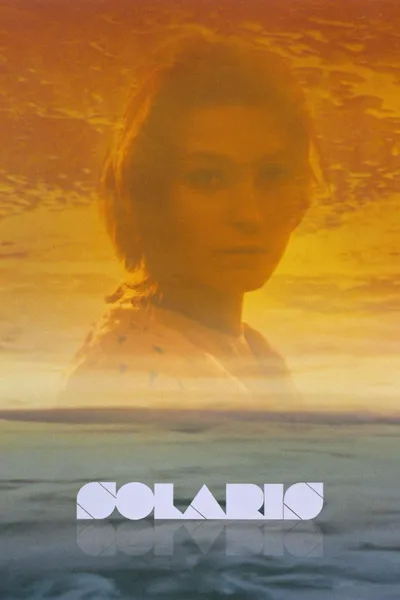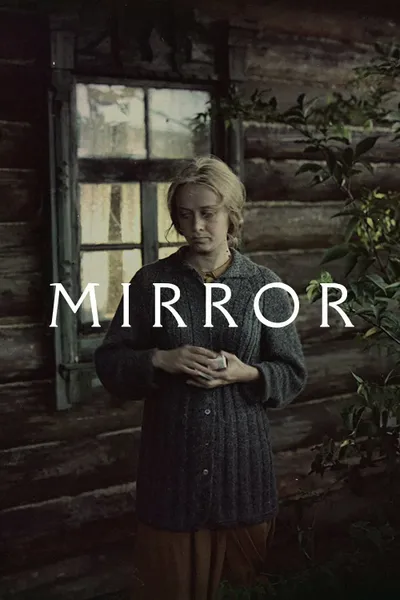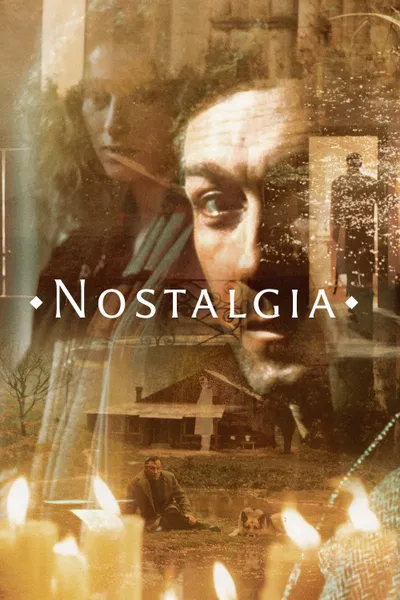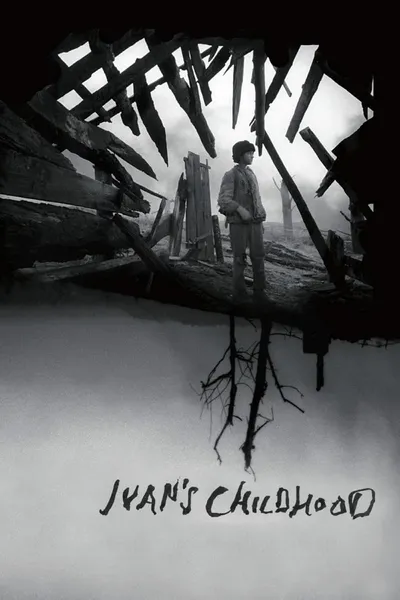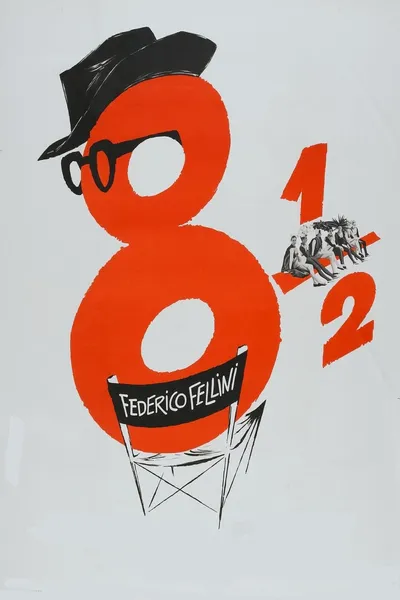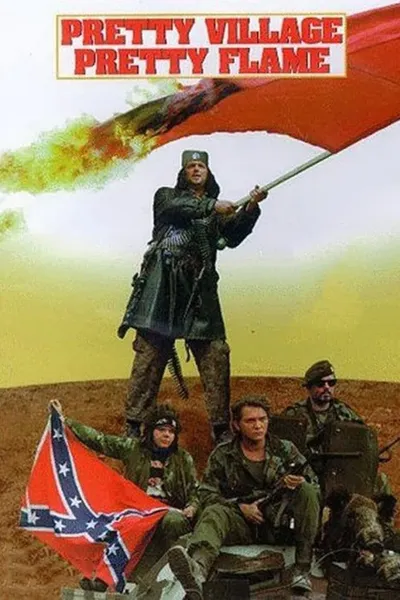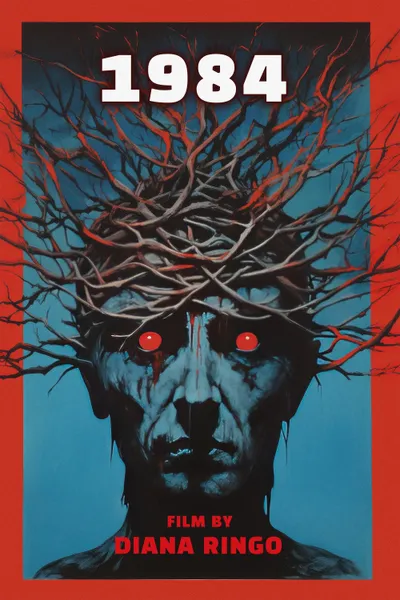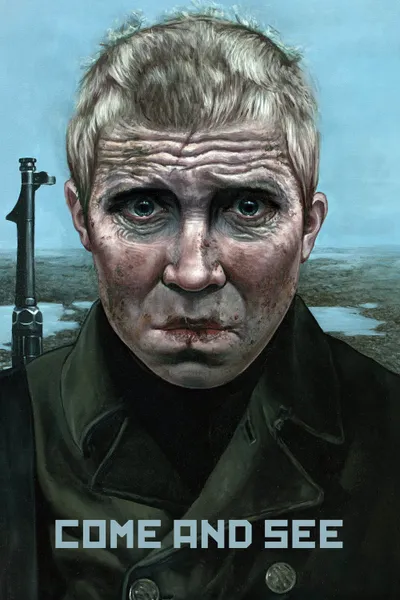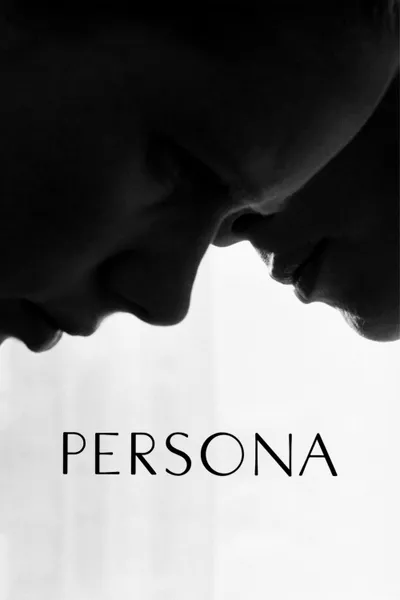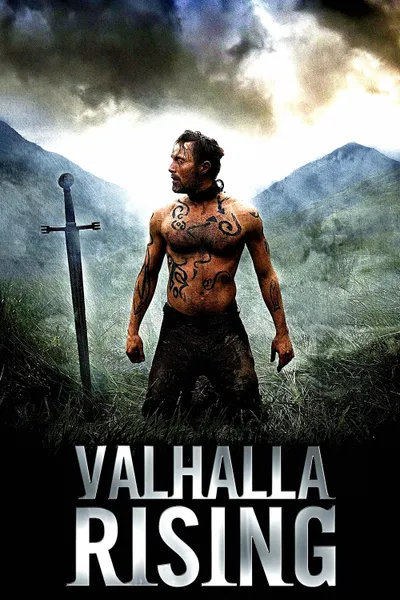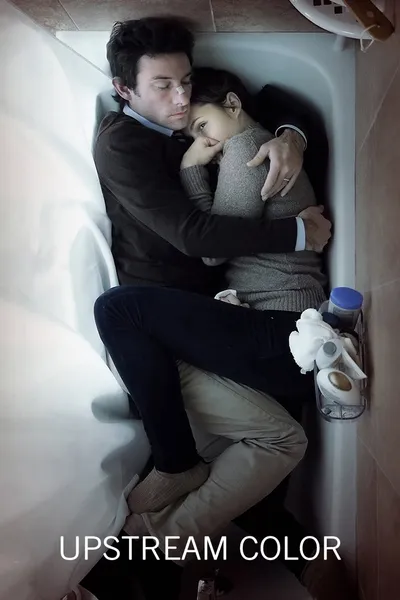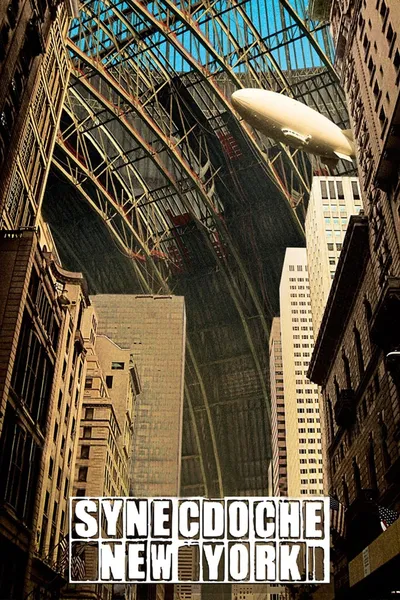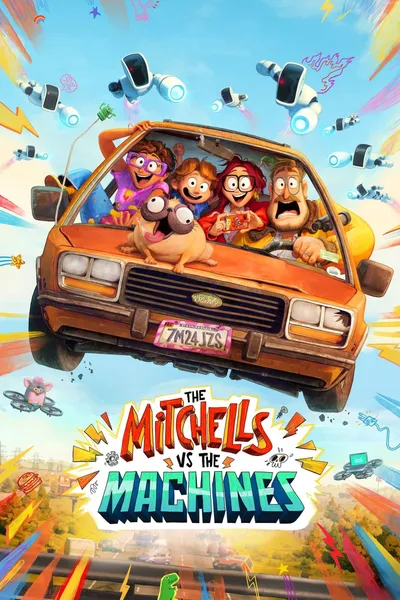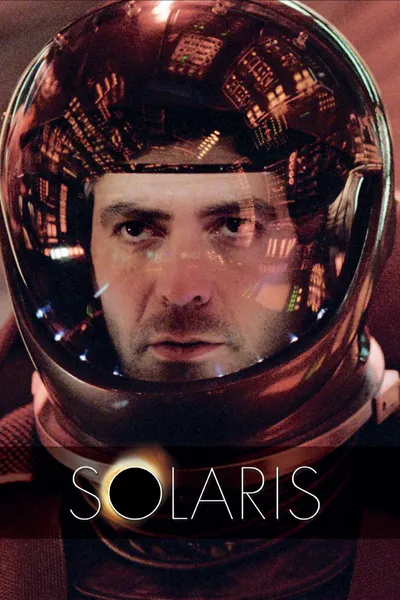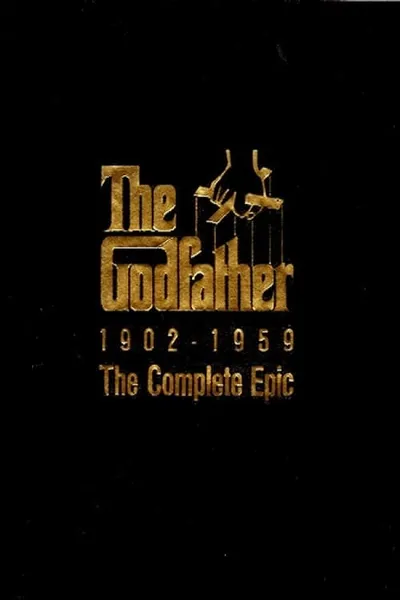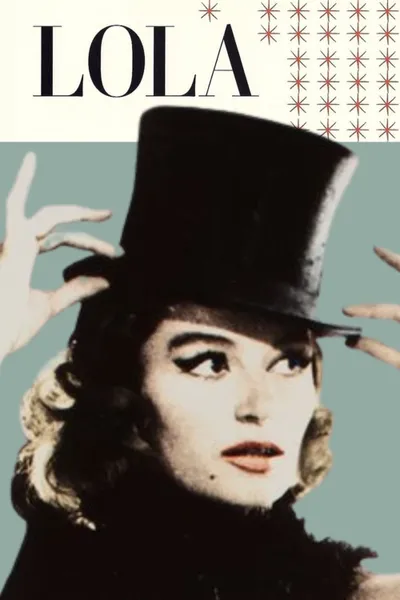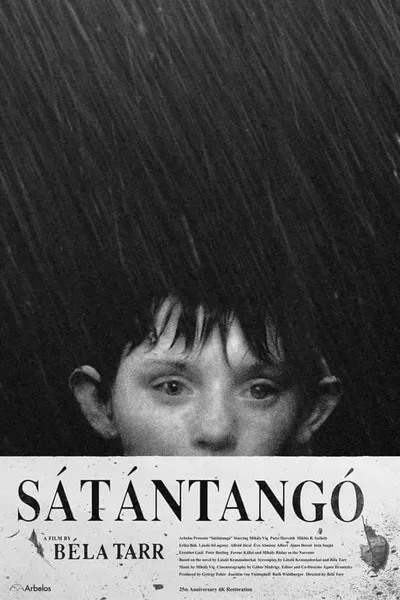Reviews

Infra
September 17, 20170.0
This movie is like an onion, has multiple layers. To understand it, you have to be very careful and pacient. You have to focus on movie and not doing anything else while you watch it, because if you don't, you won't understand it.
http://cinematol.ro/pareri-filme-stalker-calauza-1979/

CinemaSerf
June 14, 20227.0
This really is the cinematic equivalent of "be careful for you wish for". Two characters - a teacher and a professor, seek out a "stalker" who can lead them through the maze of challenges that culminates in an heavily restricted area know as the zone. Why? Rumour has it, that when in that zone you may make wishes that will immediately come true. What is this place? Is it real, imaginary, alien, all of these - or it is all just a cerebral hallucination of a place that, like El Dorado, we imagine to be where all of our problems can go away, be solved, eradicated. It is loosely based on the Strugatsky brothers early seventies sci-fi novel "Roadside Picnic" but it's fair to say that Andrei Tarkovsky opens up the more linear aspects of their story leaving us with a much less defined and more intangible series of threads as these men undergo significant travails to get to a place - that frequently resembles what I imagine Chernobyl to have look like after it exploded. As with so many aspects of human aspiration, the narrative is all about what I would call the chase - the journey or the means - without the characters ever really knowing what it is they will truly want if they do actually achieve their goal. Again, the director provides us with lots of bits of this mischievous, sometimes perilous and thought-provoking Rubik's cube - but it is incomplete. We know it is always going to be. We, the audience, have to bring a bit of ourselves to this particular party. There is a denouement - three men in a room. One (Nikolai Grinko) with a hefty nuclear bomb that he believes may offer a solution; another (Anatoly Solonitsyn) who's darkest id well outmanoeuvres his ostensibly well meaning reasons for being there and of course the stalker himself (Alexander Kaidanovsky). This production is deliberately, and effectively slowly paced. The dialogue can be intense, their frustrations and dreams well encapsulated; but it can also be sparing - there are plenty of periods of protracted silences from them all. Accompanied by an eerily complimentary score from Eduard Artemyev, we are left with an experience rather than just a film. I saw it on a big screen, and if you can I'd recommend that. It helps you to stay focused on the complex and quirky plot whilst bringing out the finely crafted bleakness, and hope, of the photography.

Filipe Manuel Neto
May 31, 20232.0
**More style than content.**
This was my first contact with the cinematographic work of Andrei Tarkovsky, a Soviet filmmaker who would end his career outside his native country when he fell into disgrace for allegedly spending too much money on films that were not worthy of the expense. A regrettable attitude, but typical of countries that prefer to spend money on missiles than on support for culture and education, especially after considering how dangerous and insubmissive can be a cultured population capable of thinking without anyone from a party saying what It's the right thing.
This is not, however, an ordinary Soviet film, loaded with subliminal messages, more or less direct, demonizing the rich and praising the effort and dignity of workers. On the contrary. Tarkovsky takes us to a desolate world, apparently hostage to repressive authority. There is nothing beautiful there. And there is a space where no one can go, called the Zone, in which there is, supposedly, a room that makes the dreams of those who arrive there come true. However, the difficulty is immense.
Being a Russian film, it is obviously a huge, dull, heavy film. Let's face it, it's to be expected: Russians like big things. Big countries, big armies, gigantic cannons and missiles. Russia cultivates that taste for gigantism, of which the Tsar-Pushka is a prominent symbol. It's difficult to see everything, the way the film develops, in deliberate slowness, is exhausting and dark. The cinematography is partly in sepia (color comes later, and the colors are directly associated with entering the prohibited area) and has been well crafted, as have the sets and filming locations. The rest simply doesn't matter: it's a film that is almost silent, and that puts style above substance.
Recommendation Movies
Solaris1972
Mirror1975
Nostalgia1983
Andrei Rublev1966
Ivan's Childhood1962
8½1963
Pretty Village, Pretty Flame1996
19842023
Come and See1985
Persona1966
Valhalla Rising2009
Upstream Color2013
Gandhi1982
Synecdoche, New York2008
The Mitchells vs. the Machines2021
Solaris2002
The Godfather Trilogy: 1901-19801992
Lola1961
Satantango1994
Intolerance: Love's Struggle Throughout the Ages1916
© 2024 MoovieTime. All rights reserved.Made with Nuxt
